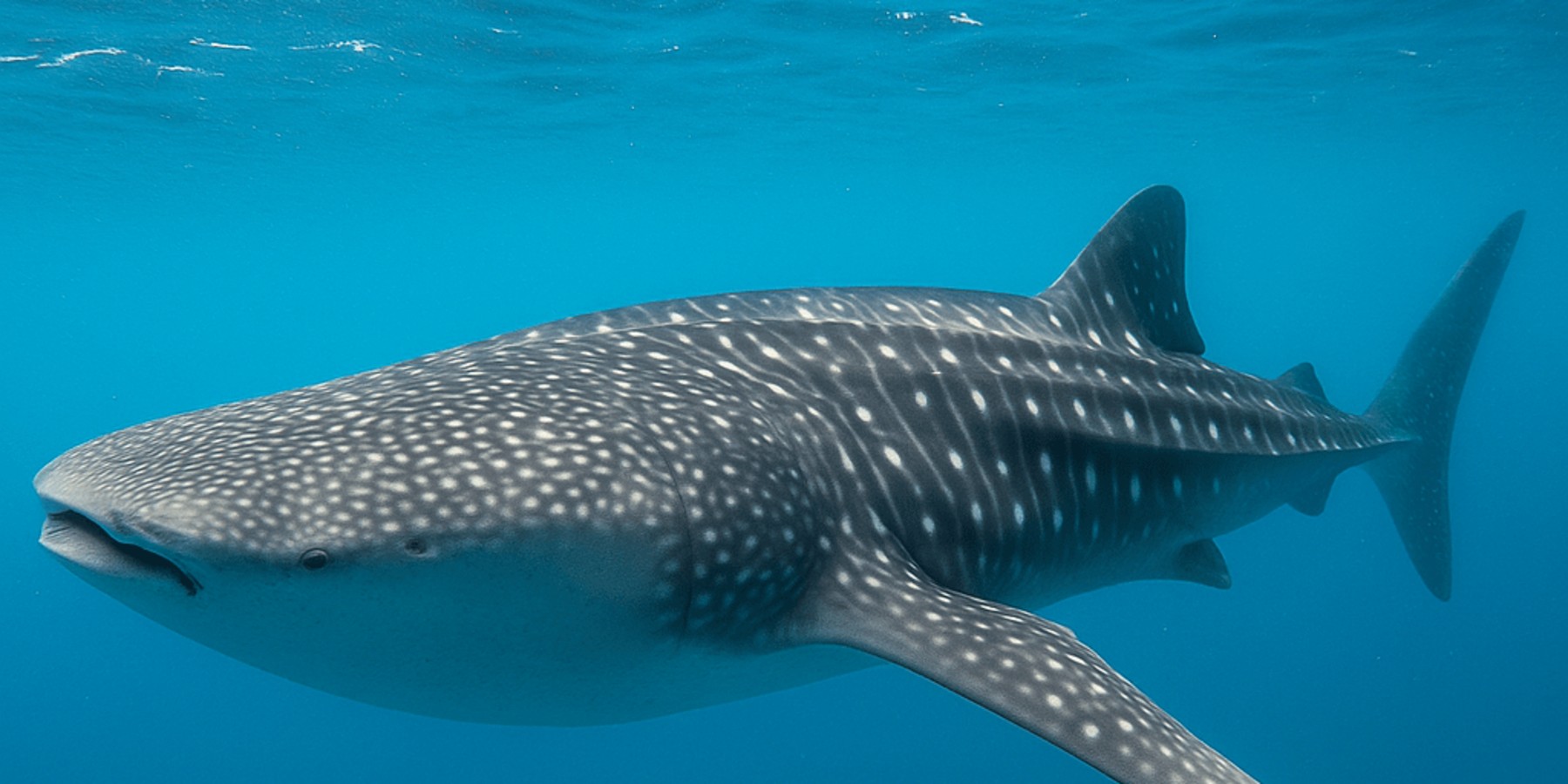
Whale Sharks of Oslob:
Stories of Faith, Fishermen,
Traditions, and Conservation
Long before the world discovered Oslob’s whale sharks, the local fishermen believed these enormous creatures were guardians of the sea—gentle beings that brought blessings, calm waters, and abundant fish. For generations, encounters with them were viewed not as danger, but as a quiet sign of harmony between humans and nature.
From Fishermen to Wildlife Guardians
In the early 2000s, everything changed when the fishermen began noticing the same whale sharks returning daily to Tan-awan’s shores. Instead of chasing them away, the community chose to protect them. Fishermen who once relied solely on the ocean for survival soon became spotters, paddlers, guides, and storytellers, shifting from fishing nets to conservation work.
This transformation reshaped the village:
Homes became homestays
Fishing boats became observation vessels
Daily routines became guardianship duties
The ocean that once fed their families began feeding dreams of a better life.
Stories of Faith and Local Beliefs
Elders in Oslob tell stories of how whale sharks—tuki, as locals call them—were believed to appear during times of peace. Parents warned children never to harm them, for these gentle giants were thought to be spirit protectors sent to guide fishermen home.
Some fishermen recall moments when a whale shark’s shadow brought comfort in stormy seas. Many still whisper prayers of gratitude whenever they paddle out at dawn, believing the tuki carry the memory of their ancestors.
The Gentle Giants’ Personalities
Fishermen who spend every morning on the water know each whale shark by its unique spots, size, and behavior.
They speak of individuals like:
“Bituon” — the star-marked shark that swims slowly and gracefully
“Daku” — the large male known for playful circles around boats
'Luna” — the shy one that keeps her distance but always returns
These aren’t just animals—they are neighbors, familiar faces that have shared many sunrises with the community.
Tourism and Ethical Challenges
As Oslob grew famous, thousands of visitors came to witness the tuki. This wave brought both opportunity and responsibility. While tourism provided income that changed many lives, it also raised concerns about feeding interactions, migration patterns, and long-term health of the whale sharks.
Today, Oslob works with marine biologists, environmental groups, and the government to improve guidelines—balancing livelihood, cultural identity, and the well-being of the whale sharks.
A Future Rooted in Conservation
The heart of Oslob’s story is simple: a community and a creature grew together.
What began as a village tradition is now a global call to protect one of the ocean’s most extraordinary species.
The whale sharks gifted Oslob with hope, heritage, and identity.
In return, the people of Oslob continue striving to ensure that the gentle giants remain safe—for their children, their future, and the endless blue sea they share.

